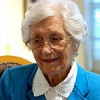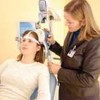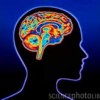UCLA researchers found that older adults who regularly used a brain fitness program played on a computer demonstrated significantly improved memory and language skills. The study’s findings add to the field exploring whether such brain fitness tools may help improve language and memory and may ultimately help protect individuals from the cognitive decline associated with […]








Recent Comments